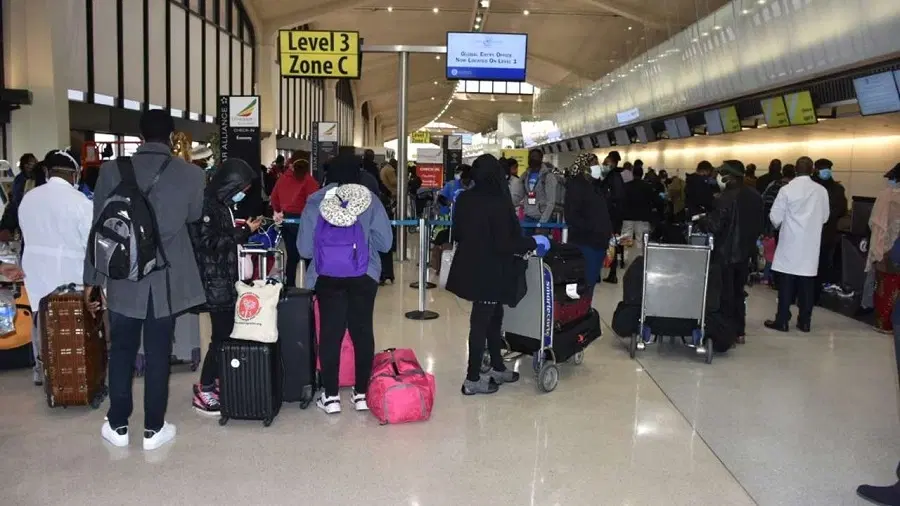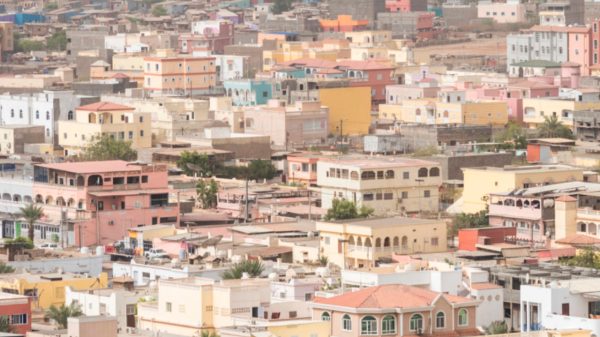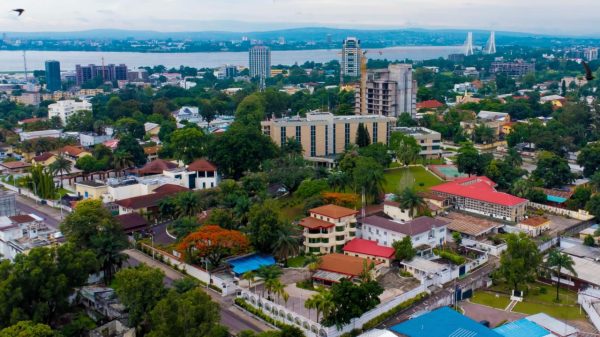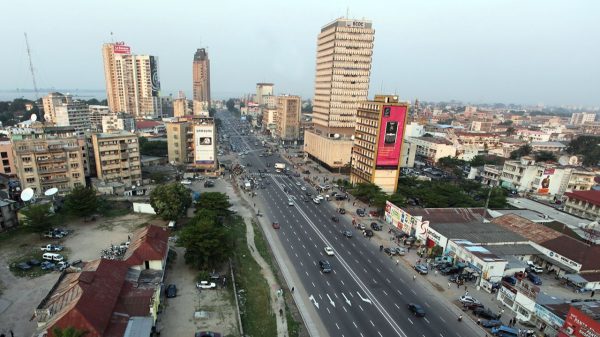Nigeria offers a rich exploration experience with vibrant cultures, stunning landscapes, and welcoming communities. However, the country also presents unique safety challenges that require vigilance, informed decision-making, and proactive planning.
Below is a comprehensive guide that combines smart safety tips with in-depth advice to help you navigate Nigeria confidently and securely.
1. Stay Informed About Local Conditions
Before embarking on your journey, regularly check travel advisories and local news. Reputable international agencies and governments consistently warn about risks—such as terrorism, criminal activity, kidnapping, and civil unrest—in various parts of Nigeria. Some regions, including specific states in the northwest, northcentral, northeast, and the Niger Delta (with certain exceptions), are often designated as “Do Not Travel” zones due to high-security risks.
Even in major cities like Abuja and Lagos, heightened caution is advised, as urban centres face risks of crime and terrorism. Additionally, be aware that local cultural events—such as masquerade fairs and similar festivities—can sometimes lead to temporary curfews or travel restrictions. Always verify the latest information from trusted sources before and during your trip.

2. Choose Reputable Accommodations and Secure Your Belongings
Selecting lodging with robust security measures is essential. Opt for well-established hotels or serviced apartments that highlight 24/7 security, gated compounds, CCTV surveillance, and secure parking. Read guest reviews to ensure that the advertised safety features translate into a secure experience. Whether staying in luxury hotels or more modest accommodations, always use in-room safes or hotel-provided storage to keep your passport, cash, and electronics secure.
3. Use Trusted Transportation and Avoid Night Travel
Transportation in Nigeria requires careful planning. For urban travel, rely on reputable ride-hailing services like Uber or Bolt, and consider booking taxis through your hotel rather than hailing them on the street. Intercity road travel, particularly after dark, carries significant risks due to poor road conditions, limited lighting, and the prevalence of armed banditry or kidnapping. In contrast, air travel with established domestic airlines and pre-arranged secure transportation services can provide a safer alternative for longer journeys.
4. Dress Modestly and Learn Basic Local Phrases
Cultural sensitivity not only enriches your experience but also enhances your safety. Dressing conservatively—especially in rural or religious areas—helps you blend in and avoid unwanted attention. Learning a few basic phrases in English and local languages such as Hausa, Igbo, or Yoruba can facilitate smoother interactions and demonstrate respect for local customs. Additionally, avoid public displays of affection, which are generally frowned upon and may draw negative attention.
5. Stay Connected and Communicate Wisely
Maintaining reliable communication is critical. Purchase a local SIM card or set up an eSIM to avoid international roaming charges and ensure consistent connectivity. This will allow you to stay updated with local developments, access emergency services, and share your travel plans with family or friends. It’s also wise to avoid using public Wi-Fi for sensitive transactions; instead, consider renting a portable Wi-Fi device for a secure internet connection.
6. Manage Your Finances with Vigilance
When handling money, exercise caution. Carry only small amounts of cash and use credit or debit cards wherever possible. Always cover keypads at ATMs and monitor your accounts for any unauthorized transactions. Avoid displaying wealth—such as wearing expensive jewelry—to reduce the risk of becoming a target for theft or fraud. Be alert for financial scams, including unsolicited money requests and online fraud.
7. Prioritize Health and Safety Precautions
Your health is a crucial part of your overall safety strategy. Ensure that you meet vaccination requirements (such as Yellow Fever and Polio) and consult a doctor about additional recommended vaccines and medications (including those for Typhoid, Hepatitis, and Malaria). Practice strict food and water safety by drinking bottled or boiled water and avoiding raw or undercooked foods. Additionally, take measures to prevent mosquito bites by using insect repellent, sleeping under nets, and wearing protective clothing during peak mosquito hours.
8. Keep Emergency Contacts and Preparedness in Mind
In any emergency, quick access to reliable contacts is vital. Familiarize yourself with Nigeria’s national emergency number (112) as well as local contacts for police, ambulance, and fire services. Make sure you have the contact details of your country’s embassy or consulate, and consider enrolling in traveler registration programs such as the Smart Traveler Enrollment Program (STEP) to receive timely alerts. Preparing an evacuation plan that does not rely solely on government assistance can further enhance your safety. Keep copies of essential documents separate from the originals, and have backup communication methods ready in case of disruptions.

9. Practice Enhanced Personal Security Measures
Always maintain situational awareness by avoiding solitary walks—especially after dark—and staying alert in crowded places or unfamiliar areas. Keep personal belongings secure at all times and be cautious when accepting help from strangers. In environments known for high risks of kidnapping or theft, consider professional security advice or support. Establish a “proof of life” protocol with trusted contacts to ensure that someone is aware of your whereabouts and situation throughout your trip.
10. Prepare and Stay Proactive
Combining responsible planning with cultural sensitivity and personal vigilance is the key to safely enjoying Nigeria’s rich heritage. By staying informed about local conditions, choosing secure accommodations, using trusted transportation, managing your finances wisely, and preparing for emergencies, you can mitigate many of the risks associated with travel in this diverse country. Always keep emergency contacts handy and adapt your travel plans based on the most current information available.
With a proactive approach to safety and a respectful engagement with local customs, you’ll be well-prepared to explore Nigeria’s dynamic landscapes and vibrant communities while minimizing potential risks. Enjoy the journey, and travel safely!
Subscribe to our Newsletter
Stay updated with the latest trends in African Pop Culture!























